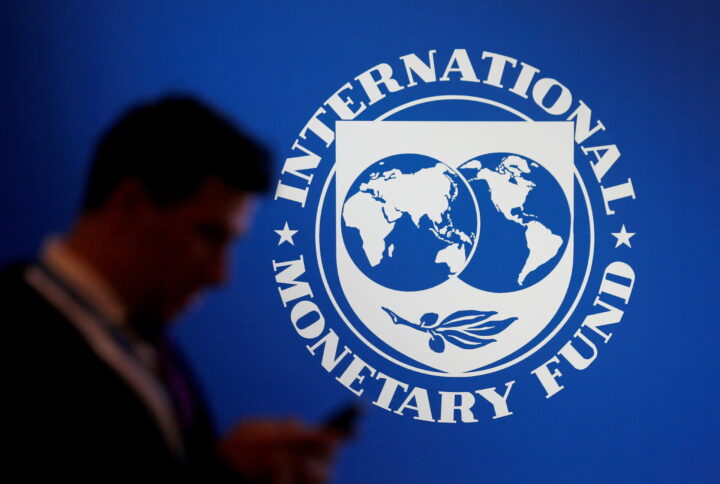The International Monetary Fund (IMF) has recently unveiled its latest economic projections, revealing that global growth is expected to remain at 3 percent in 2023 and further decline to 2.9 percent in 2024, marking one of the lowest growth rates in decades. In its “Navigating Global Divergences” report for October 2023, the IMF outlines the key factors contributing to this subdued outlook and highlights the significant challenges the global economy faces.
Global Growth Projections
- Decelerating Growth: The IMF’s baseline forecast projects a slowdown in global growth from 3.5 percent in 2022 to 3 percent in 2023 and further to 2.9 percent in 2024. This trajectory falls below the historical average of 3.8 percent recorded between 2000 and 2019.
- Advanced Economies: Advanced economies are also expected to experience a decline, with growth dropping from 2.6 percent in 2022 to 1.5 percent in 2023 and 1.4 percent in 2024. This decline is attributed to policy tightening aimed at curbing inflation.
- Emerging Markets and Developing Economies: Emerging markets and developing economies are likely to witness a slight decrease in growth, moving from 4.1 percent in 2022 to 4 percent in both 2023 and 2024.
Inflation Expectations
- Global Inflation: The report suggests that global inflation is expected to gradually decrease, declining from 8.7 percent in 2022 to 6.9 percent in 2023 and 5.8 percent in 2024. This decline is influenced by tighter monetary policies and lower international commodity prices.
- Core Inflation: Core inflation, however, is projected to decrease at a slower pace, with a return to target inflation not expected until 2025 in most cases. The IMF emphasizes the importance of monetary policy actions and frameworks to anchor inflation expectations and effective communication strategies to manage inflation expectations among various stakeholders.
Challenges to Global Economic Recovery
- Disparities in Economic Recovery: The IMF report highlights that while the global economy has shown relative resilience in earlier recovery stages, economic activity still lags behind pre-pandemic levels. This is especially evident in emerging market and developing economies, where disparities between regions are widening.
- Persistent Challenges: Several factors continue to hinder a robust recovery, including the persistent effects of the pandemic, the Ukraine conflict, geo-economic fragmentation, cyclical factors related to monetary policy tightening, withdrawal of fiscal support, and extreme weather events.
- Risks to Global Growth: Although the likelihood of a hard landing has decreased, risks to global growth persist. Specific concerns include China’s property sector crisis and its potential spill-over effects on commodity exporters, rising near-term inflation expectations, tight labor markets leading to core inflation pressures, and potential climate and geopolitical shocks.
Navigating Challenges and Risks
- Emphasis on Key Elements: The IMF emphasizes the importance of effective policies, coordination among nations, and structural reforms as essential elements to successfully navigate these challenges and achieve a robust and sustainable global economic recovery.
- Importance of International Cooperation: As the world grapples with uncertainties and the potential for further disruptions, international cooperation and prudent economic policies become crucial in ensuring a more stable and prosperous future.




 SWFs and Pension Funds to Enjoy Tax Exem...
SWFs and Pension Funds to Enjoy Tax Exem...
 Government’s Tax Collections Dip Due to ...
Government’s Tax Collections Dip Due to ...
 India’s Economy May Grow by 6.4% to 6.7%...
India’s Economy May Grow by 6.4% to 6.7%...

